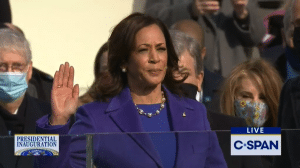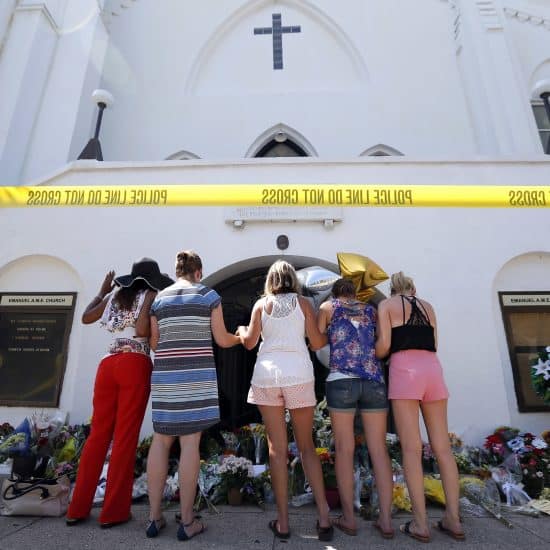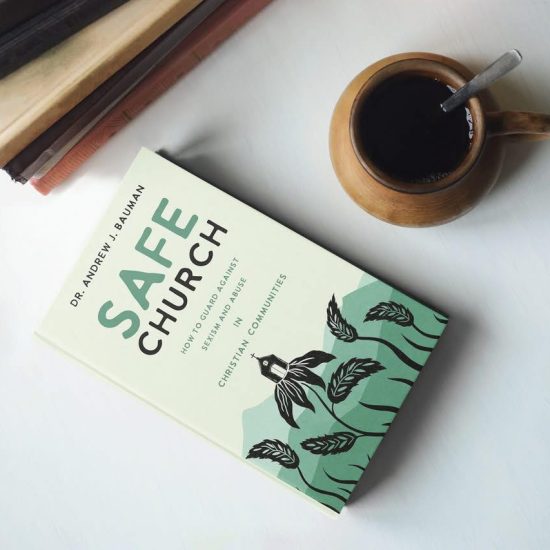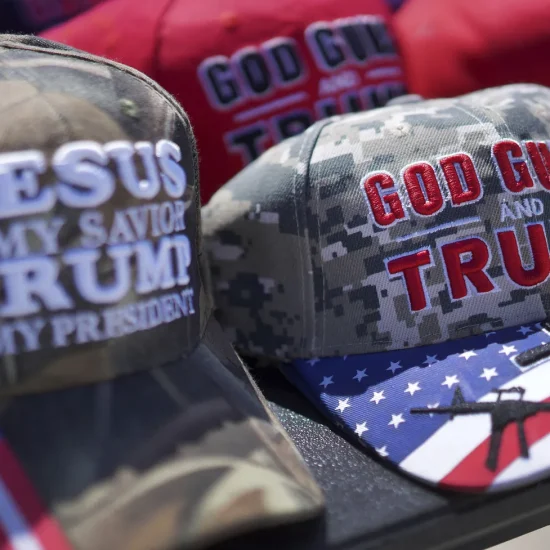
As controversy continues after some prominent Southern Baptist pastors called U.S. Vice President Kamala Harris a “Jezebel” or said she was “going to hell,” new research shows that Harris and other women of color remain top targets for online attacks.
“The women achieving historic ‘firsts’ in American life have been subject to a variety of gendered and sexualized attacks, or worse, widespread gendered and sexualized disinformation campaigns fueled by malign creativity. They have endured and succeeded in spite of this vitriolic, demeaning, and silencing climate,” write a team of researchers who studied online abusive content targeting Harris and other female politicians.
The study, Malign Creativity: How Gender, Sex, and Lies are Weaponized Against Women Online, was published Jan. 25 by the Woodrow Wilson International Center for Scholars, a think tank established by Congress in 1968 as part of the Smithsonian Institute. The researchers looked at more than 336,000 examples of abusive content from over 190,0000 users on six social media platforms that targeted 13 prominent female politicians in four countries during a two-month period last fall.

Screengrab as Kamala Harris takes the vice presidential oath of office on Jan. 20, 2021.
“These narratives were racist, transphobic, or sexual in nature,” the researchers wrote in their report. “The overwhelming majority of recorded keywords relating to abuse and disinformation were identified on Twitter and directed towards then-Senator, now Vice President Kamala Harris, who accounted for 78% of the total amount of recorded instances.”
Among the attacks leveled at Harris were that she was secretly a man, that she used sex to advance politically, that she isn’t a real citizen of the U.S., that she isn’t really Black, and that she should be subjected to violent sexual attacks.
As a woman of color, the attacks on Harris didn’t surprise the researchers.
“Disproportionately, that harm — in the form of gendered and sexualized harassment — is directed at women, particularly women of color,” the study explains. “Gendered harassment and disinformation campaigns against women of color online are greater in volume and more serious in tone than those that White women face.”
The researchers warned that although the Biden-Harris ticket won the election, such attacks could still harm democracy and the nation.
“This presents a democratic and national security challenge; as adversaries attempt to exploit widespread misogyny, women may be less likely to choose to participate in public life,” the study explains. “The effects of such campaigns are broader than just the target in question; for every incident in which gendered and sexualized narratives against a high-profile female target are allowed to proliferate, influencing the target’s public presence, thousands of other women see those narratives and consider whether to engage at all.”
The new Wilson Center study adds to a large body of research showing the abusive targeting of women — and especially women of color — on social media.
For instance, the Institute for Strategic Dialogue in London, examined the online abuse of U.S. congressional candidates during the 2020 campaign. Their study, Public Figures, Public Rage: Candidate Abuse on Social Media, doesn’t include Harris since she was running for vice president, but the findings show the targeting of women.
“Women were far more likely than men to be abused on Twitter, with abusive messages making up more than 15% of the messages directed at every female candidate analyzed, compared with around 5–10% for male candidates,” the study notes. “Women of ethnic minority backgrounds were particularly likely to face online abuse.”
And it’s not just that women face more abusive content. The researchers also found differences in how candidates were targeted for abuse.
“Both on Twitter and Facebook, abuse targeting women was more likely to be related to their gender than that directed at men, with abuse attacking female candidates based on their physical appearance and perceived lack of competence,” the study explains. “Conversely, abuse targeting men was more generalized, often attacking their political stances.”
Just as the Wilson Center study released its study last month showing the online targeting of Harris, some prominent White Southern Baptist pastors attacked Harris as “Jezebel,” a trope long used in the U.S. to target Black women. As civil rights icon Amos C. Brown, Harris’s pastor at Third Baptist Church in San Francisco, wrote in a Word&Way column, the labeling of Harris as “Jezebel” on Twitter was “an ugly, racist post that used a highly-derogatory term, one linked to sexual stereotypes of Black woman going back to slavery and the era of Jim Crow.”
“Such vile tropes have no place in our society or political discourse,” he added. “For a White man to use that word to describe any Black woman is demeaning in the extreme. For a White man who fashions himself a Christian to use it as a label for the Vice President of the United States is unforgivable.”
Since then, the targeting of Harris by White Southern Baptist pastors continued, with some arguing she is a “pagan” who is “going to hell” for following “the false religion that preaches a false gospel.”
And even though Harris is a Baptist and only vice president, the research suggests these types of attacks will continue to focus on her as a woman of color even more so than against President Joe Biden or former U.S. leaders like Donald Trump and Mike Pence.






